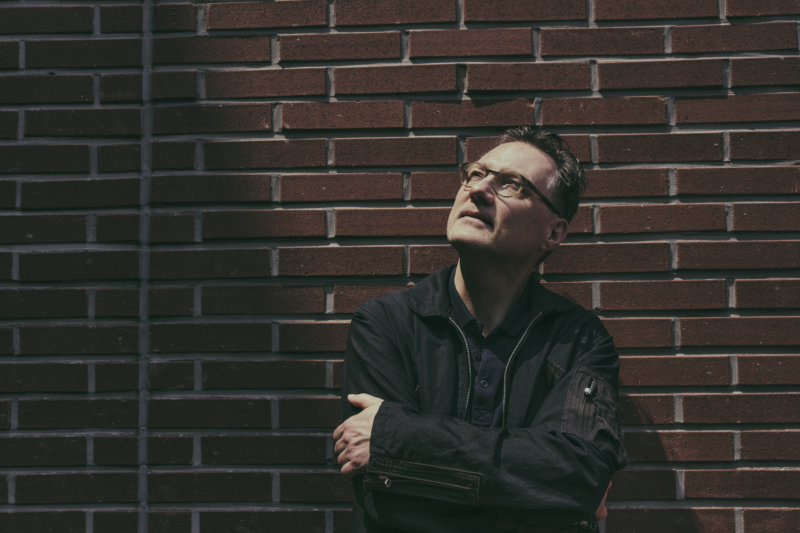Sebastian Claren
Composer

What do you want to find out with your music?
If we are really talking about ‘finding out’, perhaps: what works, what doesn’t? What changes, what doesn’t change? Or even: how am I changing – what interests me today that wouldn’t have interested me at all twenty years ago … But, honestly, I’m not sure there’s that much music that really wants to ‘find out’. The idea of artistic research might suggest that, but how many pieces of music would we actually say that the authors have found something out with them? Except that what they are doing is possible. And that it may not have been possible before. Even a piece as obviously thematic as Johannes Kreidler’s Charts Music doesn’t really ask what the prices at the time of the stock market crash were all about, but only: is it funny to play it with cheap music software or not? Is that possible? Is it cynical, or funny, or is the cynicism funny? Well, I think the facts, the material, whatever, may always be different, but the questions remain pretty similar: Is it possible? What happens if I do that? And if it doesn’t work, what do I do then? How do I deal with it?
How do you handle music’s history?
I used to want to have as little musical history in my pieces as possible – which doesn’t mean it wasn’t there, but it was kept to a minimum – I wanted to free my pieces as much from presuppositions as possible and in a way build them up from scratch. Today, the exact opposite is the case: there is actually no current music of mine that does not in some way consciously refer to another, historical or contemporary piece of music. This was a gradual development; I probably simply lost interest in the idea of music that was hermetically self-referential. The decisive point, however, was when I became intensively involved with traditional Korean music in the 2010s. Suddenly, European music felt more foreign to me than East Asian music. I no longer had the feeling that I was part of this musical history, so I no longer had to defend myself against it – that made it possible for me to deal with it as a foreign body in my work. The question was no longer, how do I get all this out of my music, but what happens when I use this piece in this context as the basic material for my work. And that was suddenly an extremely interesting challenge.
Concert Hall or outside?
I don’t feel particularly comfortable in concert halls, perhaps because they try too hard to put music in a privileged position. Of course, I appreciate it when a concert hall has excellent acoustics, so that, for example, every detail of a complex piece can really be heard, and a good orchestra can develop its sound perfectly. But I can’t say that this makes me really happy. It’s perhaps a little too luxurious. Outside (if that means really outdoors) I actually always find music distracting. I don’t feel like I need to add anything when I’m outdoors. On the contrary, I find what’s going on around me acoustically much more interesting than the idea of having to put something else in there. For me, the off-spaces are the most interesting – if the acoustics there are not ideal, I don’t find that annoying, but rather an interesting challenge. For me, this is also linked to the desire to understand the concert not as a series of individual numbers, but as a complete performance and thus to always react to the space. In my view, this is also a way of repurposing traditional concert halls so that they feel a bit like off-spaces. The idea of the Palais de Tokyo in Paris as a concert hall would be ideal for me, even if this is of course an extremely luxurious venue in its own way – but I could live with that kind of luxury.
Sebastian Claren, 23. Juni 2025